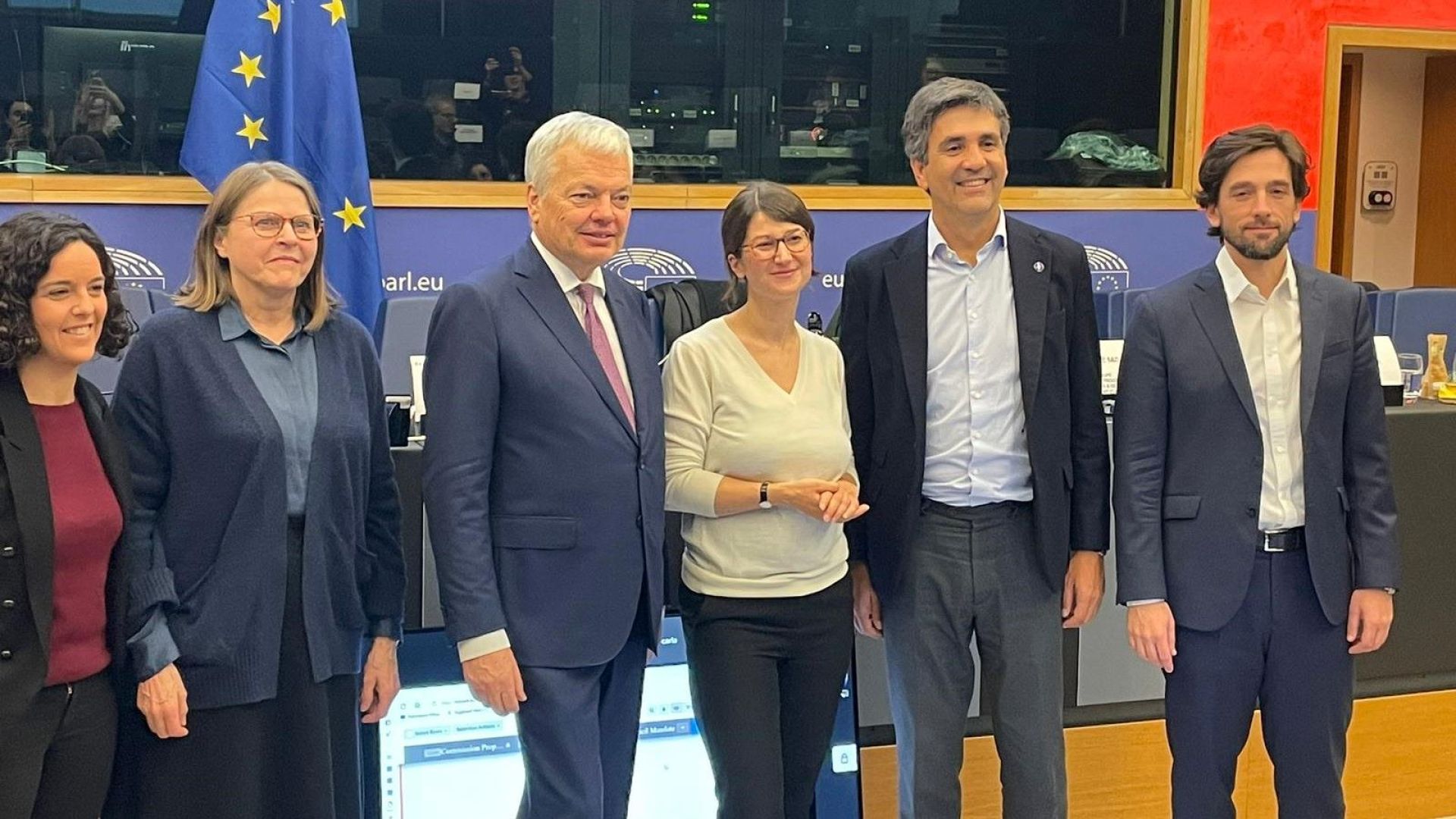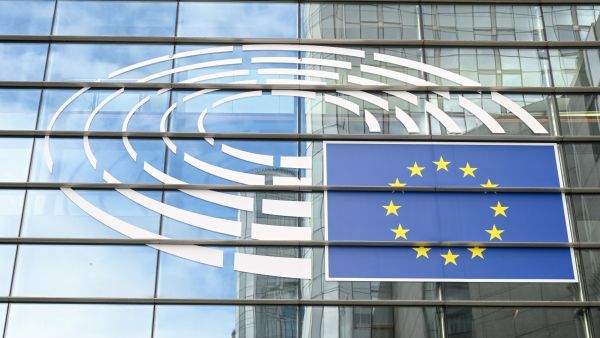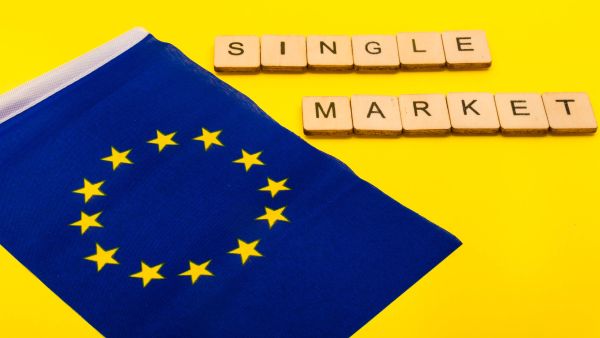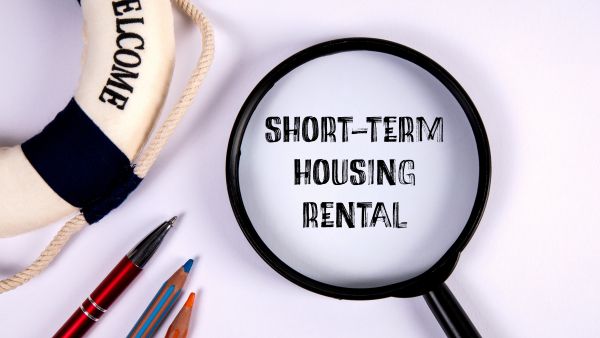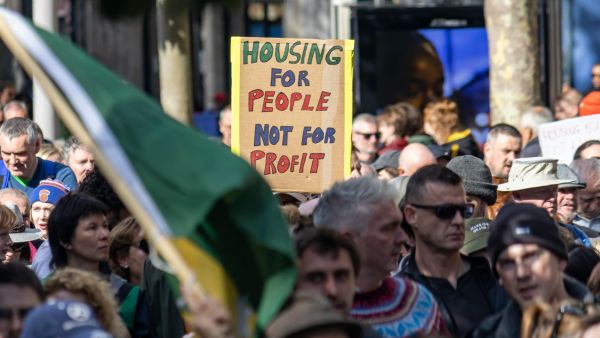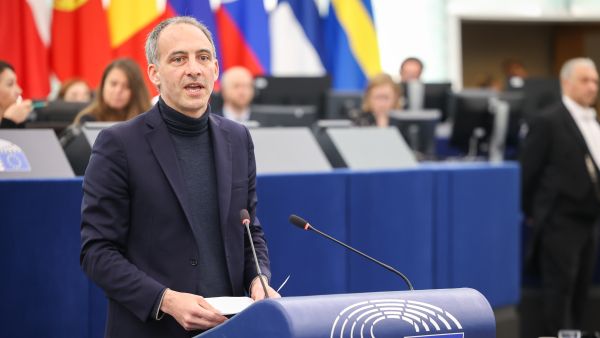We did it! In a negotiation between the European Parliament, member states and the Commission, we reached a political agreement for new binding rules on making sure businesses behave responsibly.
The Corporate Sustainability Due Diligence Directive will be the first legislation in the world to oblige companies, both inside and outside the EU, to take responsibility for the manner of their productionas well as the impact of their activities on human rights and the environment: child labour, labour exploitation, pollution and biodiversity loss, among others.
This is a major victory for the Socialists and Democrats, who initiated this fight more than three years ago with a Parliament's own-initiative report. According to the agreement, both EU and non-EU companies with at least 500 employees and a certain turnover will be subject to the law. They will have to identify, prevent and correct any damage caused – e.g. environmental harm or slavery – throughout the entire value chain of their operations.
Lara Wolters, European Parliament rapporteur for due diligence, said:
“Child labour in Congo to extract cobalt for our smartphones, rainforest degradation in Brazil for soy ending up in our supermarkets: these are just two examples of irresponsible business practices that still happen in today’s world, with a particular impact on the most vulnerable.
“We cannot turn a blind eye, especially when the result of their supply chains ends up in our supermarkets, our closets or in the smartphones and computers that we use in our daily lives.
“We, the Socialists and Democrats, celebrate today that whenever a company’s supplier has labour exploitation in their factory, it will have to take action to stop it or face sanctions. It is also a major victory that victims of corporate abuse will be able to get justice much easier. As the world’s largest single market, the EU has the power to fix the damaged chain.
“According to the political agreement, companies will have to draft and submit climate transition plans in line with the goals of the Paris Agreement, including concrete targets and measures that will lead their value chains to climate neutrality by 2050 in five-year steps starting in 2030. This is one of our major victories!
“We deplore that the financial sector – banks, insurers and asset managers – will not have the same obligations as other types of companies to address impacts.”
Notes to editors – main achievements for the S&D Group:
Both EU and non-EU companies with at least 500 employees and a turnover of at least €40 million will be covered.
Companies will have to identify their impacts along their chain, prioritise these impacts, prevent or address these impacts – e.g. through changing their purchasing practices, exerting their leverage, changing their business operations – and remediate the victims, e.g. through financial compensation or a public apology.
Fines, with the highest amount a minimum of 5% of the company’s turnover; a company can also be ordered to take action or stop doing something (i.e. injunctive measures).
There will be sanctions on companies that fail to comply with the rules; victims of corporate abuse will be able to get justice much easier, either through court or other types of remediation (including financial compensation).
Companies will have to make their value chains climate neutral by 2050, and they should submit climate transition plans in line with the goals of the Paris Agreement, including concrete targets and measures that will lead their value chains to climate neutrality by 2050 in five-year steps starting in 2030.
Victims of harm have better access to justice: civil society organisations and trade unions can represent victims in court; courts can order the disclosure of evidence by companies; courts can issue injunctions to stop harm.
Next steps
The political agreement will be adopted in the committee on legal affairs (JURI) and voted on during a plenary session in 2024.

